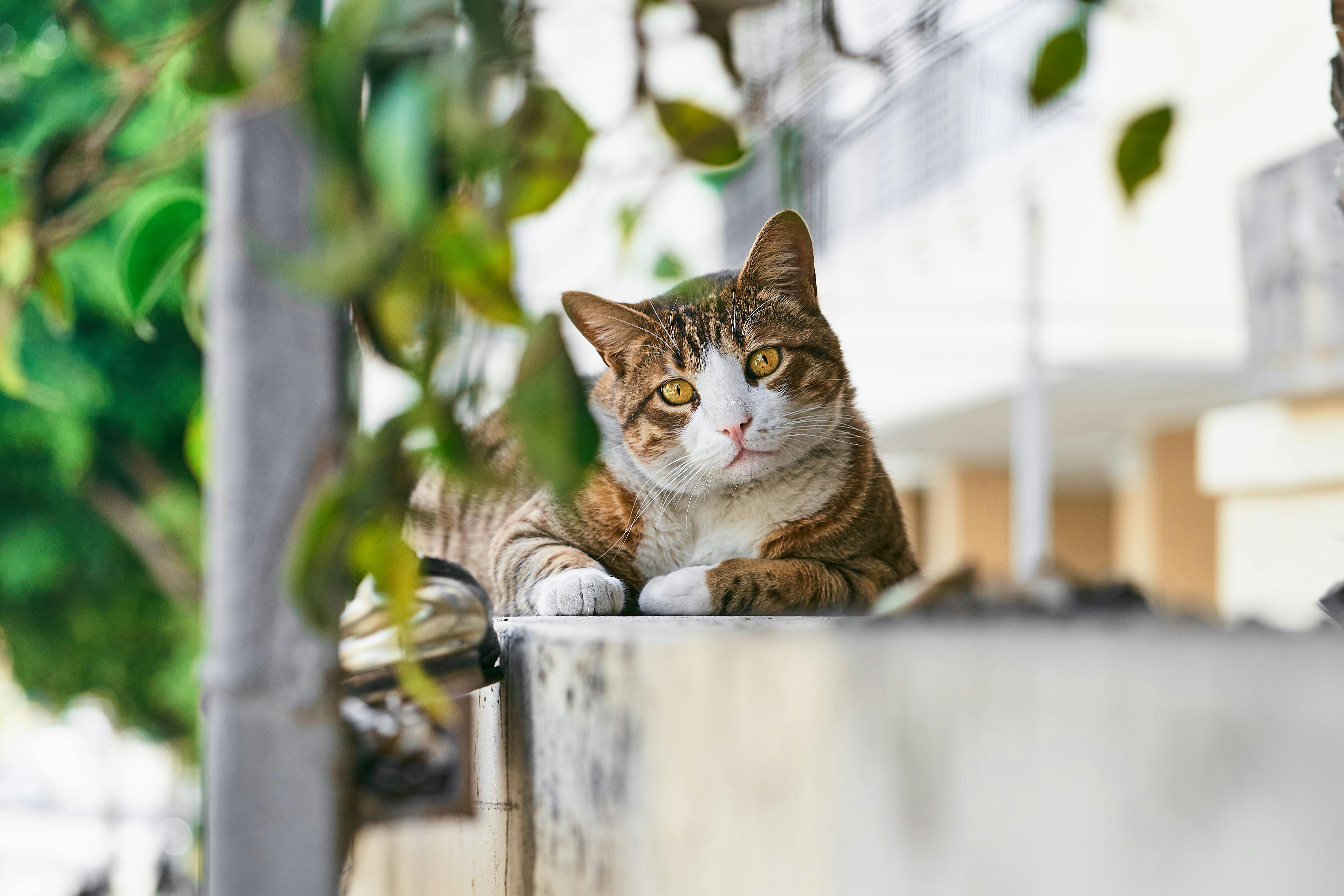The first year I had my Sun Conure Tiko, she was extremely sweet and quite docile. Now that he’s sexually mature, he’s gotten a little tougher like a teen in heat some days!
At first it bothered me that he would occasionally nibble on me. I felt that I should be in “control” of my bird. Over time I realized that my expectations were unreasonable. Parrots are wild animals. It’s more surprising that they don’t bite more than they do.
The first step in dealing with a biting problem in your parrot is to recognize that it is not personal. Your parrot feels that it has a perfectly justifiable reason for biting. He can’t understand why you’re upset. Usually, he is not trying to hurt you and if he does, it is out of fear. Given the chance, most birds will fly, not fight. Your pet probably won’t have that option if it’s cut.
Parrots are extremely intelligent, but they are also not domesticated, other words wild. Unlike your dog, your parrot will probably never do anything for you just to please you, although in my experience you can get him to do a lot for a grape!
Try to understand the situation. Possible reasons why your parrot might bite include:
He doesn’t want to go back to his cage.
He wants to go back to his cage.
It has been started.
He is sick.
He is jealous of the attention you give to another person.
He has decided that you are his partner and he needs to protect you.
He is shedding his skin and in a bad mood.
He’s hormonal because it’s mating season.
He tried it out and got a great reaction from you. Parrots love the big reaction!
He’s been abused and he doesn’t trust you.
Try to be preventative. Don’t give your parrot a chance to bite you. Use an elevated position with the raise command, not your arm. There are shield perches at one end to prevent the bird from climbing up to grab a bite. Don’t let your parrot get on your shoulder unless you’re absolutely sure it won’t bite your ear!
Build trust with your parrot by spending time talking to him, having him in the same room you are in, giving him treats as you walk past his cage (on a skewer).
It is very important that if you are holding your parrot and it bites you, that you react as little as possible. The greater your reaction, the more likely it is that your parrot will repeat the behavior.
Another technique to use when your parrot is in your hand is called “earthquake.” Move the hand the bird is in enough to upset its balance and distract it.
Say no firmly and put your bird back on its perch. After 5 to 10 minutes, pick up your bird and practice the ‘step up’ command a few times. So forgive and forget. Remember, it’s just a little bird in an environment that nature didn’t create it for.
Blow into your parrots face. This will distract you. Then offer a substitute object for him to chew on.
Never hit your parrot, do not splash water on its face or touch its beak. This will destroy their trust in you and make the situation worse.
All of these tips can help with a parrot bite problem. One of the best tips I follow with Tiko is not to insist that he do what I want unless it’s really necessary and if it is, I use a stick to move it, not my finger. If biting persists as a problem, you should seek the help of a parrot behavior specialist.
Most parrots can be rehabilitated. A large part of this rehab often involves retraining the owner!
